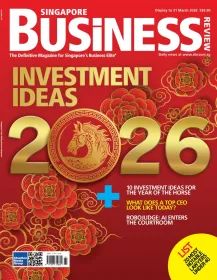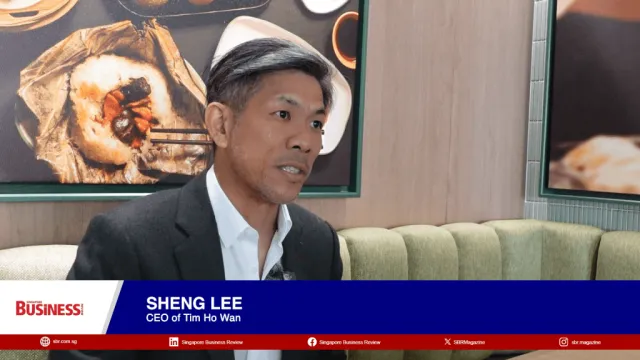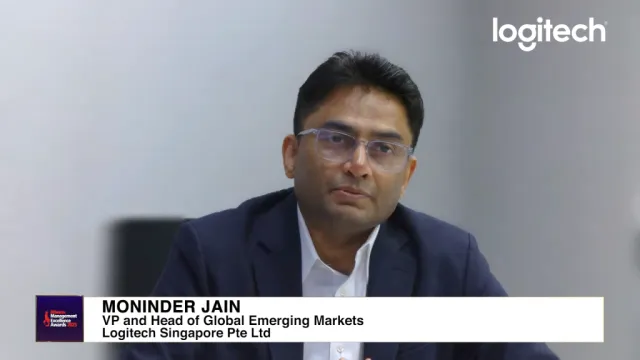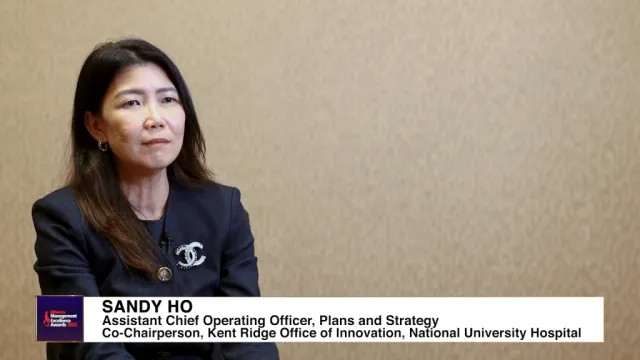Join the community
Thought Leadership Centre
Most Read
1. Singapore to slash CDC vouchers as Budget 2026 pivots to defence 2. Budget 2026 to surge tech funding as ageing workforce squeezes growth: analysts 3. OCBC and UOB to reverse year-long NIM slide in Q4 4. E-ang bao use jumps nearly 50% in 2025 as seniors ditch red packets: OCBC 5. UOB set for growth as DBS, OCBC earnings hold steady: reportResource Center
Awards
Apr
14
Event News
Singapore Business Review Management Excellence Awards 2025 Winner: Moninder Jain of Logitech Singapore Pte Ltd
Moninder Jain of Logitech Singapore highlights how human and AI collaboration strengthened the company’s market position.


 Advertise
Advertise
















Commentary
App-based mobile marketing takes off in Singapore
App-based mobile marketing takes off in Singapore
Are your Executives working below their pay grade?
How to enter new international markets during uncertain times
Mini hosting within your means
What the big people do during recession
Take advantage of a mobile talent pool
How to measure your branding ROI
Are you asking the right question?
Airports are the face of every country brand
Confessions of an Angry Birds addict
You won't believe how much cloud services will be worth by 2014
Seizing opportunities for South East Asia's oil and gas industry
Sectors with buoyant recruitment activity revealed
Perils of a Young Manager (And what you can do about it)
Are your employees projecting the right brand image?
Turn that weakness into a strength
What every CEO needs to know during the first 90 days